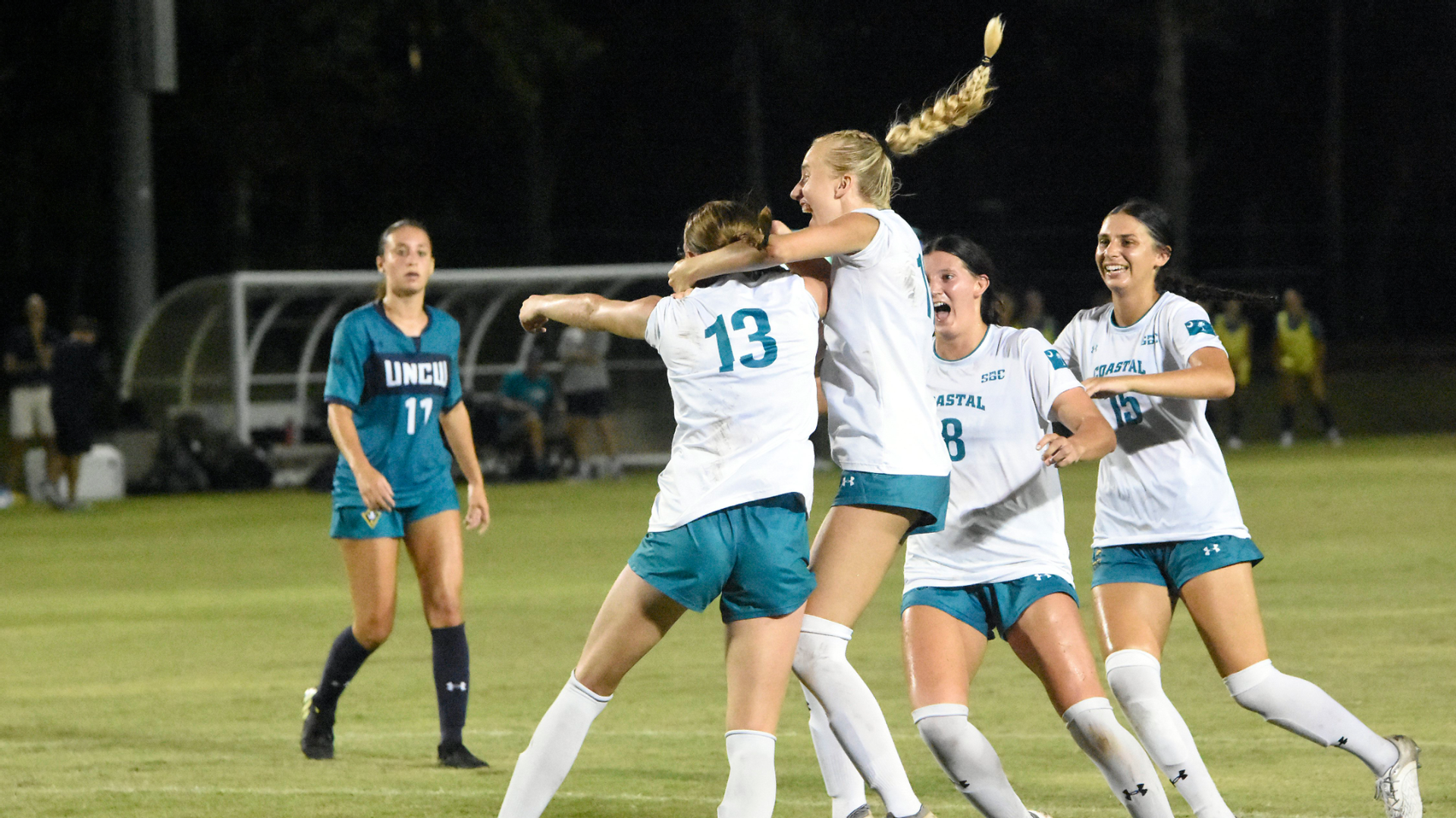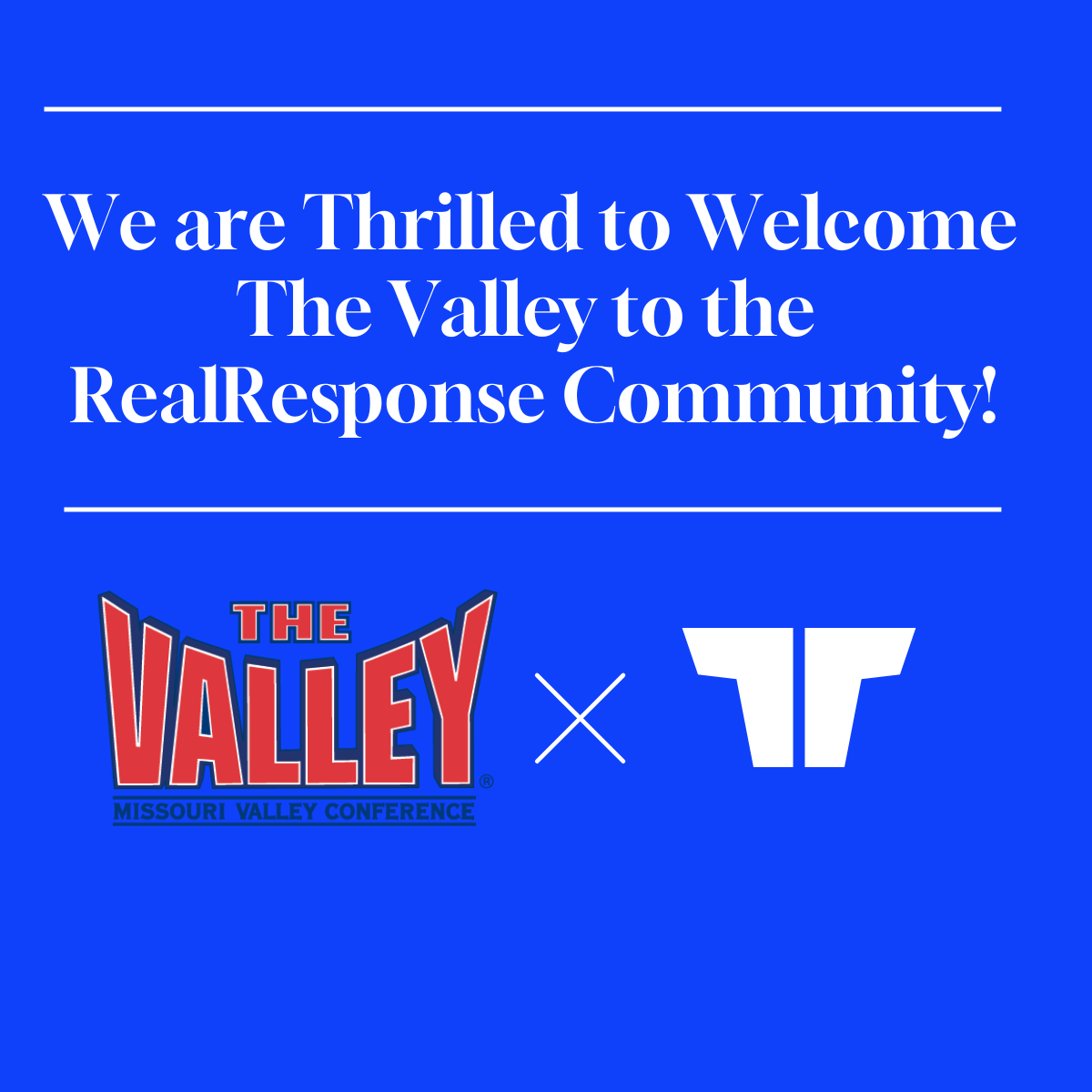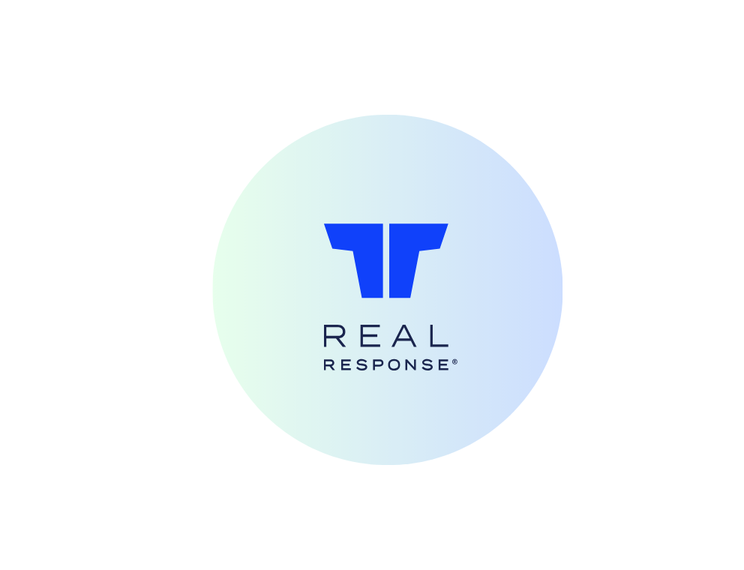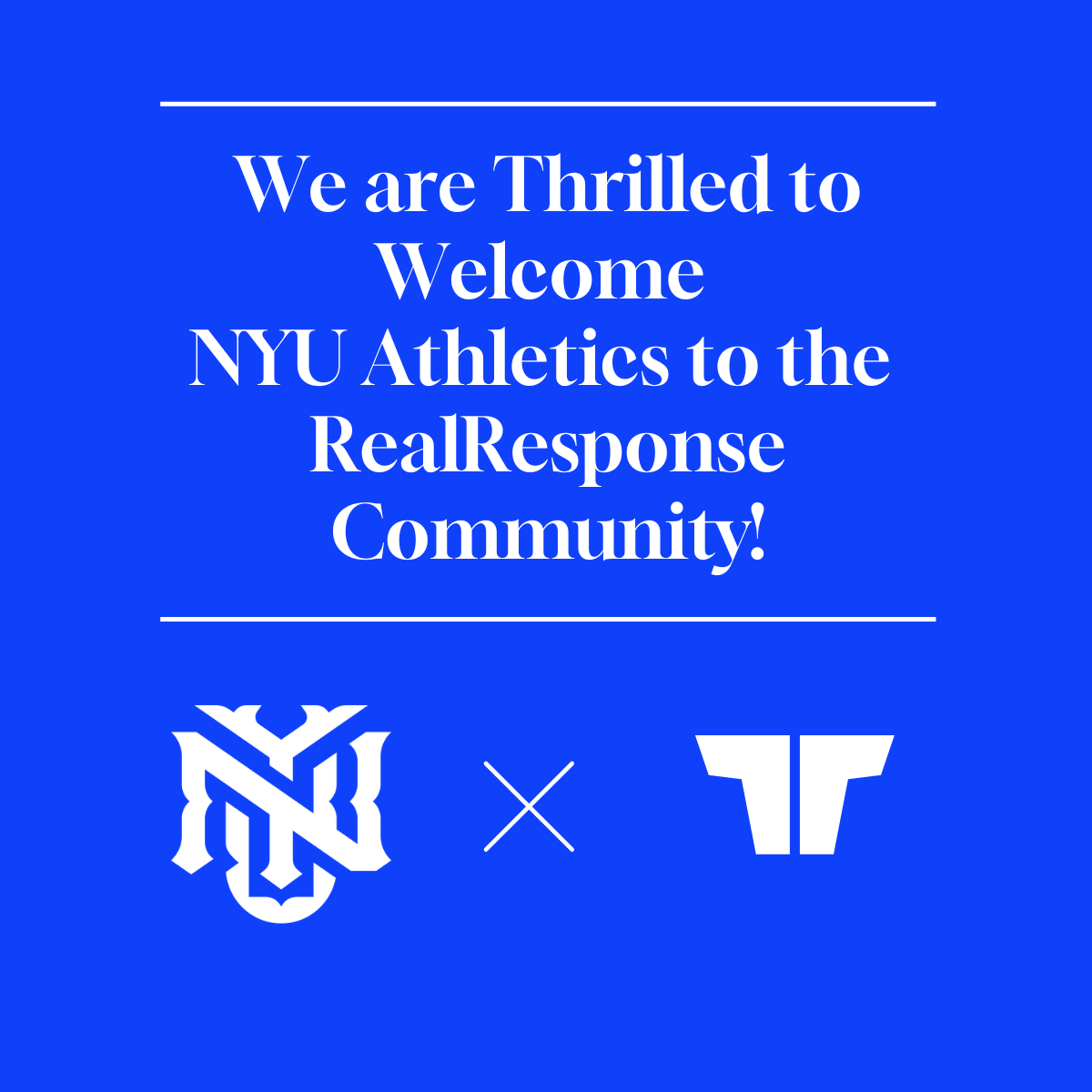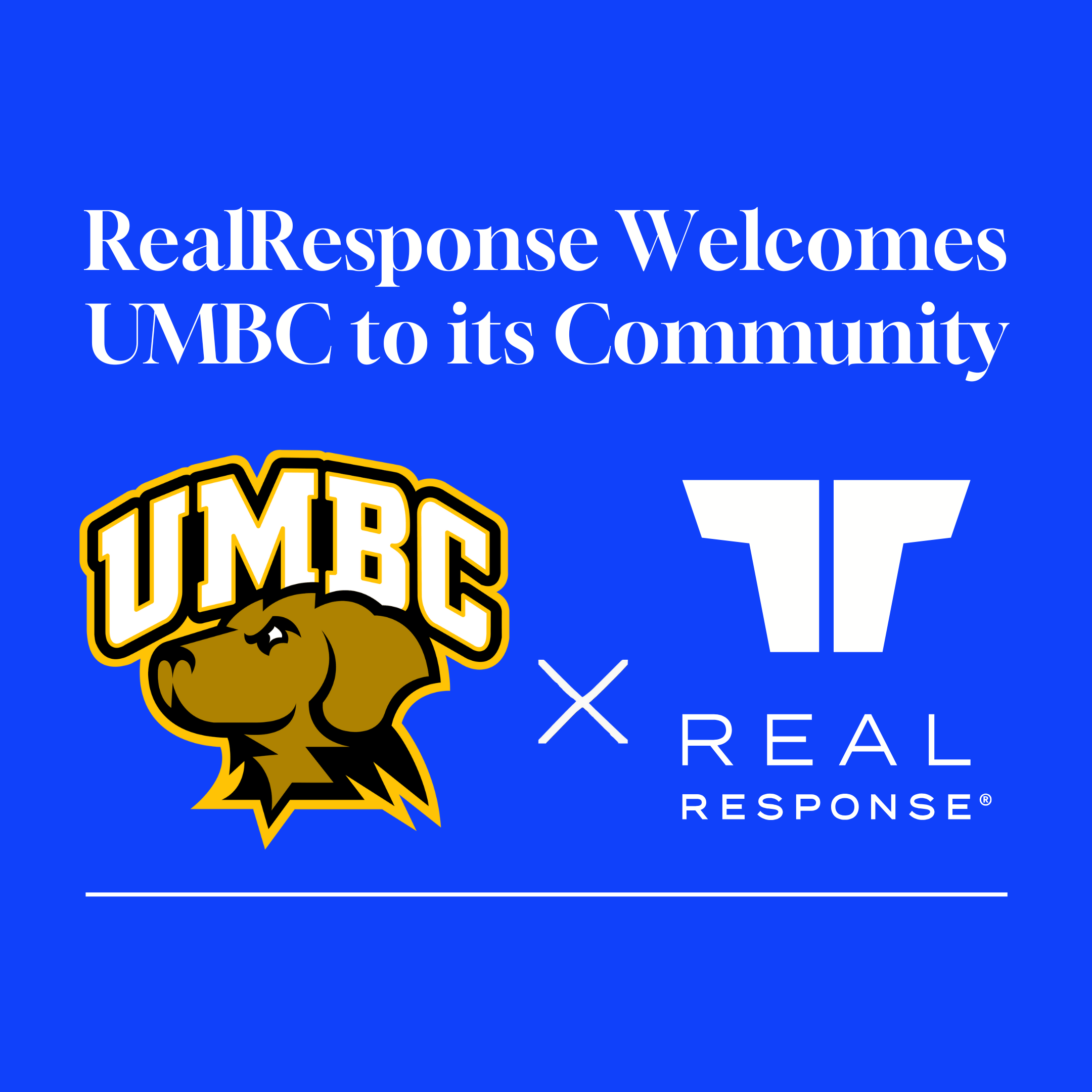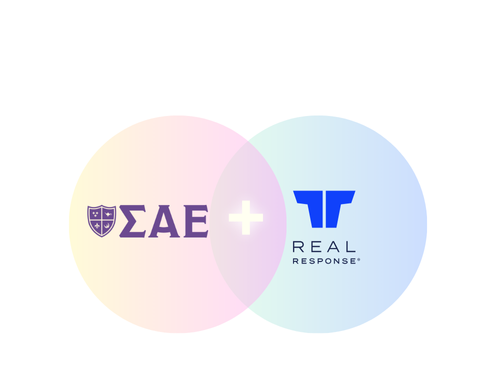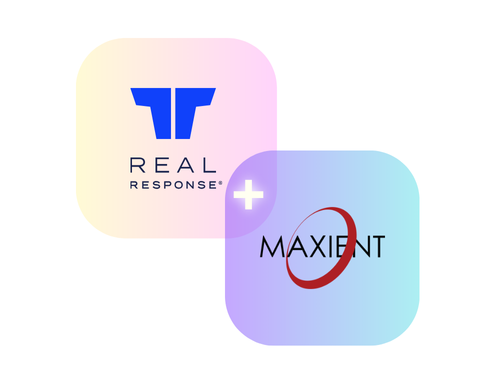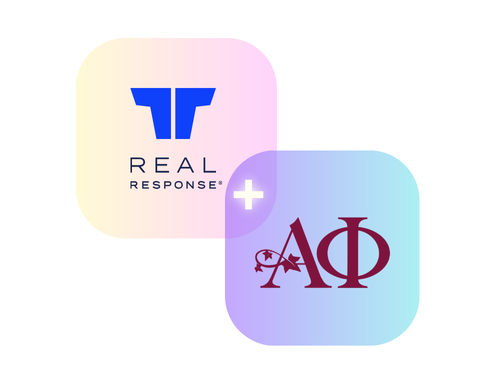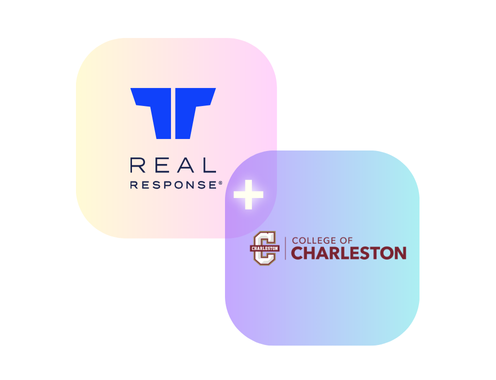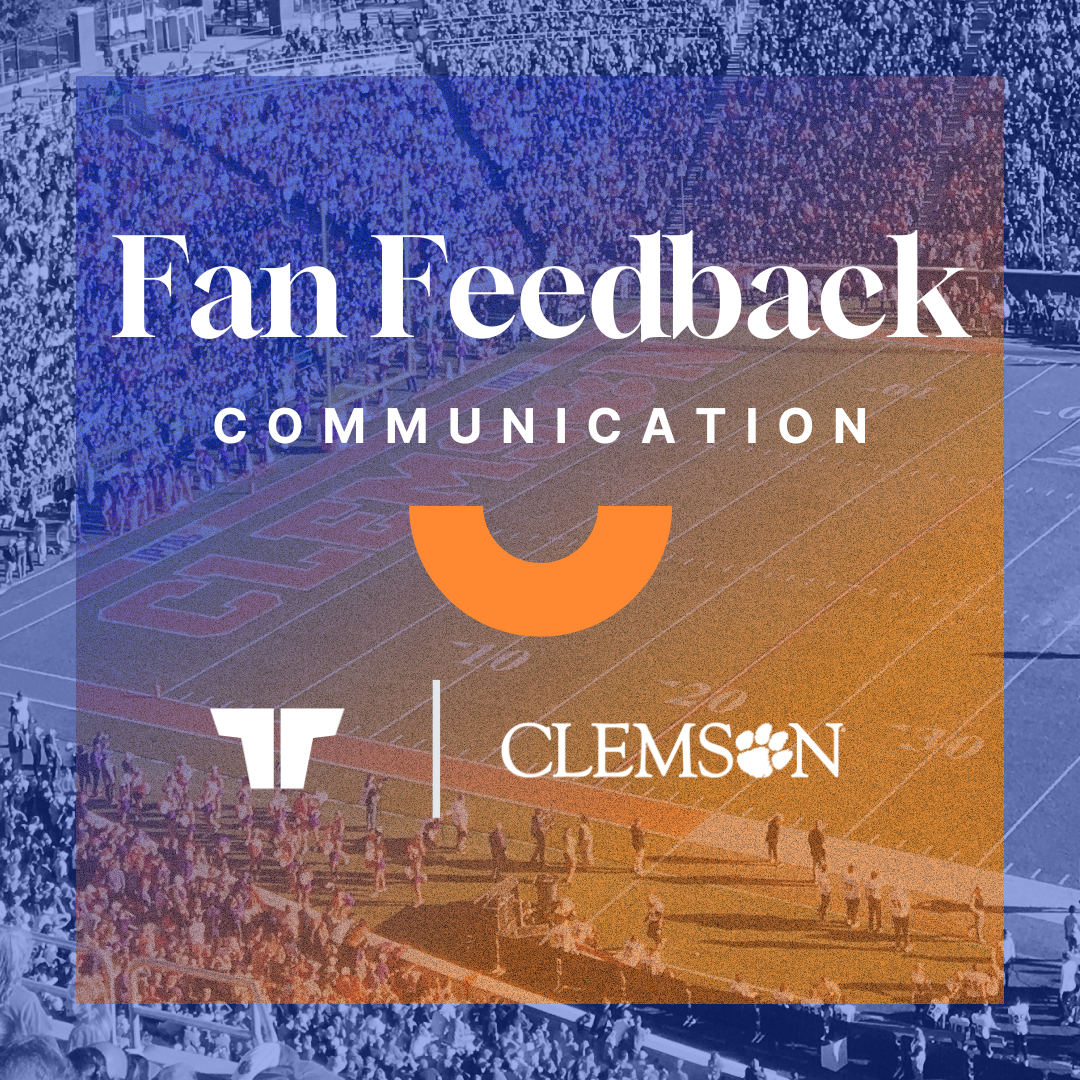Dr. Matt Gregory, Dean of Students & Vice Provost for Student Life Texas Tech University | David Chadwick, Founder & CEO, RealResponse
For the last five years, infinite digital ink has been spilled over how Generation Z is reshaping commerce, the workforce, and even politics. But in higher education, institutional leaders are in the thick of experiencing how Gen Z is transforming their colleges and universities.
Every coming-of-age cohort brings experiences that shape their expectations for education. Not every cohort, however, enters college following a global pandemic. Not every incoming class has dealt with long-term high school shutdowns and a healthcare crisis.
Today’s students are navigating college life after years of remote learning and limited in-person socialization. They’re also doing it against the backdrop of racial justice movements, the Ukraine war, conflict in the Middle East, and a tense US election year.
On one hand, this has exacerbated the student mental health crisis—to a point where all institutional leaders must acknowledge the need for new and better resources, not just pay lip service to “wellness.” But it’s also created a student body that is more vocal than its predecessors, more willing to take a stand and advocate for each other.
The biggest challenge leaders face today: Tapping into these voices in a way that’s productive and transforms campus life for the better.
Active, informed, and yearning to be heard
One of the most telling signs that today’s generation of college students expects more is their inclination to act. Students are requesting meetings with campus leaders and reporting instances of misconduct at a higher clip—and a broader scope. Beyond flagging long-standing issues like hazing or bullying, they’re calling out problematic behavior across the classroom and all corners of student life. Today’s generation puts even greater stock in standing up for what they believe is right as a means of not just expression but taking care of each other.
As leaders from William Smith College recently pointed out, they’ve seen an undeniable uptick in application essays focusing on students’ personal mental health and that of their peers. One 2024 survey indicates that more than 80% of college students are struggling emotionally to some extent. For young adults who spent a portion of their formative years in lockdown, it’s no wonder they place so much value in protecting each other.
Today’s students are also an incredibly informed population. Many have done their homework when it comes to understanding campus policies (particularly around freedom of expression), which shapes the conversations they’re willing to have with faculty and staff. In some ways, this presents new obstacles. How can leaders effectively communicate and clarify policies to a student body that has grown up with access to information a click away? Especially during tense global or political moments, what are the best channels for creating productive campus dialogue and sharing information clearly?
Because students are so informed, it is even more imperative for administrators and staff to be prepared for these conversations. The days of “winging it” are in the past. The way we address these issues will shape student life for years to come.
Rethinking the scope of student support
Whether it’s a health crisis, war, or economic instability, there will always be larger forces at play that shape a student’s college experience. Addressing each individual issue in isolation is not sustainable. Higher education leaders have to think bigger and pursue more holistic changes to support today’s and tomorrow’s students.
Download our Key Steps PDF to explore a few options that help meet student needs.
RealResponse is invested in elevating students’ voices throughout their college experience. By offering a safe, anonymous platform for two-way communication, we ensure everyone has a chance to be heard.






